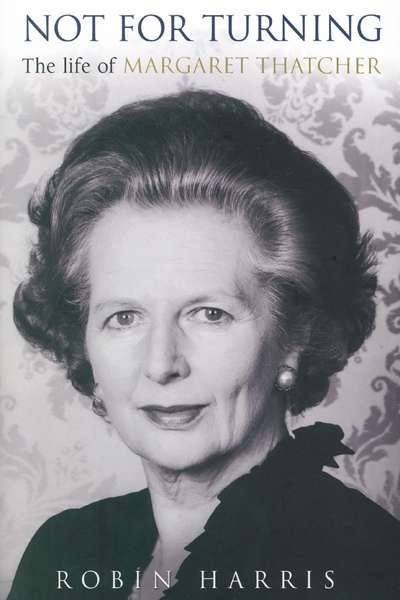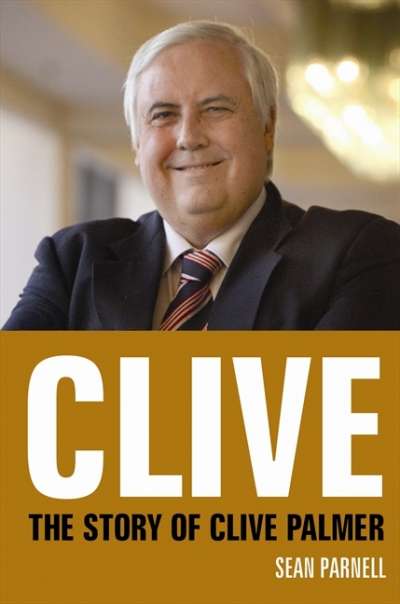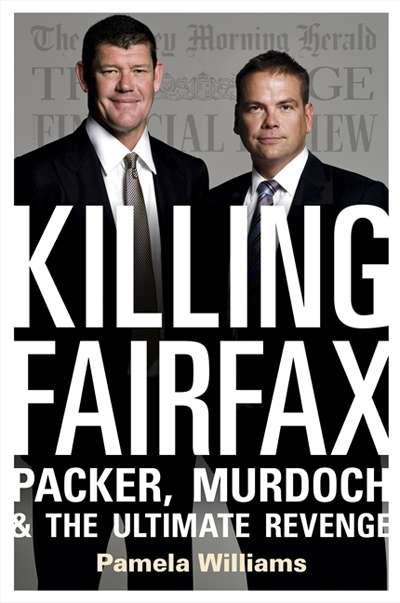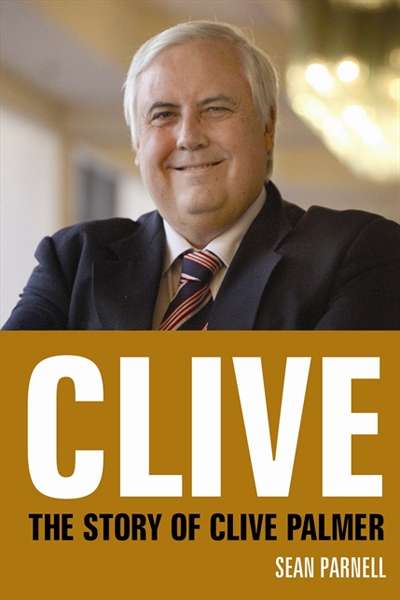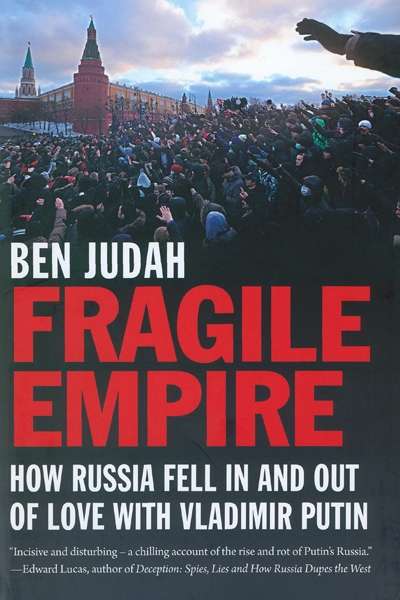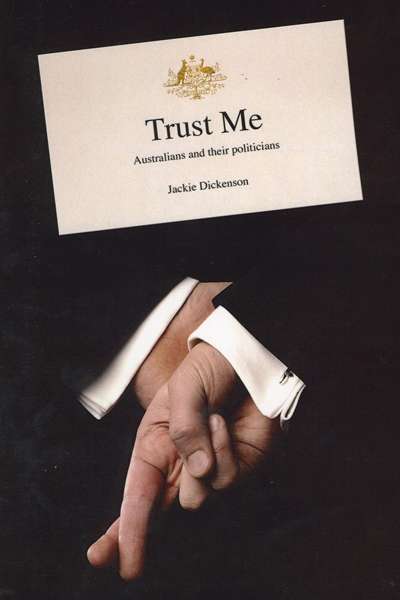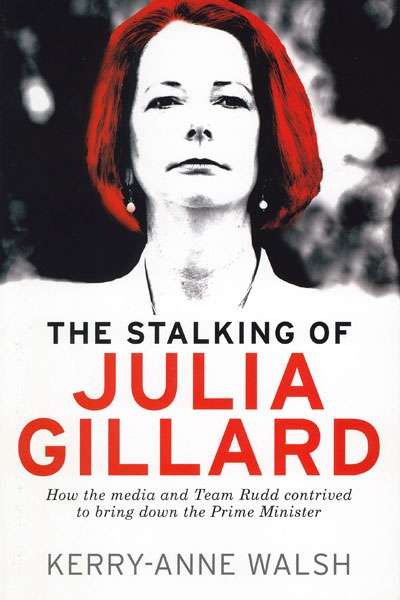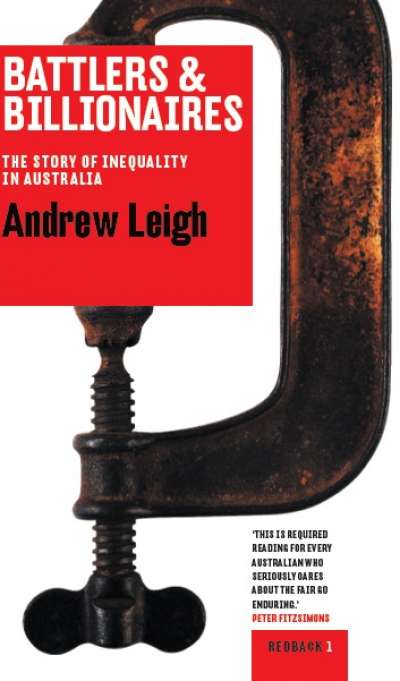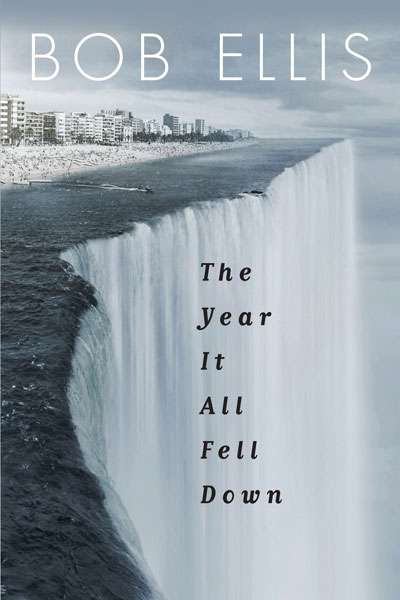Politics
Not for Turning by Robin Harris & Margaret Thatcher by Charles Moore
Our media treat leaders as personifying everything that matters, yet social scientists disdain leadership. Most of what we know about leaders comes from biographies. And biography, dominated by those wishing either to demonise, or to celebrate, their subject, is a craft monopolised by insiders, acolytes, and journalists. Regarding Margaret Thatcher, academics have discussed her premiership (1979–1990) in terms of economic change, social history, value transitions, and party decline. They display a disabling ambivalence over whether she was an agent or a manifestation of tectonic shifts. In parallel, there have been multiple biographies, the first published before she was defenestrated by her own party. A great deal, then, has already been written.
... (read more)Even the most seasoned political observers would have been surprised at the Palmer United Party’s triumph at the federal election, which saw it claim three seats in the Senate. Was it a stroke of luck or the work of a remarkable political strategist? In any case, the political fate of the PUP’s founder remains undecided ...
... (read more)Killing Fairfax by Pamela Williams & Rupert Murdoch by David McKnight
With James Packer and Lachlan Murdoch grinning smugly on its cover, Killing Fairfax: Packer, Murdoch and the Ultimate Revenge projects a strong message that they are indeed the company’s smiling assassins. Pamela Williams mounts a case that these scions of Australia’s traditional media families ...
... (read more)Even the most seasoned political observers would have been surprised at the Palmer United Party’s triumph at the federal election, which saw it claim three seats in the Senate. Was it a stroke of luck or the work of a remarkable political strategist? In any case, the political fate of the PUP’s founder remains undecided ...
... (read more)Fragile Empire: How Russia Fell in and out of Love with Vladimir Putin by Ben Judah
On 18 July 2013the Russian opposition figure Alexei Navalny was sentenced to a five-year jail term on corruption charges. Navalny, in a speech to the court castigating the dispensation which has emerged in Russia since Vladimir Putin first became president in 2000, attacked a ‘system of power in which 83 percent of the country’s wealth is in the hands of half of one percent of the population’. Widely held to be the result of political persecution by the Kremlin, Navalny’s conviction was condemned inside and outside Russia.
... (read more)Trust Me: Australians and their Politicians by Jackie Dickenson
‘Trust’ between voters and their elected representatives must seem rather arbitrary to politicians, whose success depends on its maintenance. Our simplistic expectations of honesty are belied by the ways in which our subconscious perceptions are herded into different narratives ...
Rendezvous with Destiny: How Franklin D. Roosevelt and Five Extraordinary Men took America into the War and into the World by Michael Fullilove
Michael Fullilove, head of the Lowy Institute, has written about President Roosevelt and the men who helped him to guide the US so reluctantly into World War II. Dennis Altman reviews this model of academic research.
... (read more)The Stalking of Julia Gillard: How the Media and Team Rudd Contrived to Bring down the Prime Minister by Kerry-Anne Walsh
On 7 September 2010, seventeen days after the last federal election, the Australian Labor Party, led by Julia Gillard, just managed to crawl across the electoral line, thanks entirely to the support of independent MPs. In constitutional terms, the ALP had passed the only test needed to form government: a majority on the floor of the House of Representatives. But it soon became abundantly clear that for recently deposed Prime Minister Kevin Rudd, for Tony Abbott’s Opposition, deprived of victory by such a narrow margin, and for Coalition supporters in the media and elsewhere, this fact would not be respected.
... (read more)Battlers and Billionaires: The Story of Inequality in Australia by Andrew Leigh
Bigger than Bradman and Phar Lap combined, no Australian legend has endured the ages quite like the ‘fair go’. Egalitarianism is as central to Australian identity as exceptionalism is to the United States. The promises that underpin these mythologies are as contentious as they are seductive ...
... (read more)In The Year It All Fell Down, journalist Bob Ellis revisits 2011, a year that, as the title suggests, produced social and political change on a global scale. The text provides a month-by-month account of this dramatic time. Ellis covers the Queensland floods and the Tōhoku earthquake and tsunami ...
... (read more)

